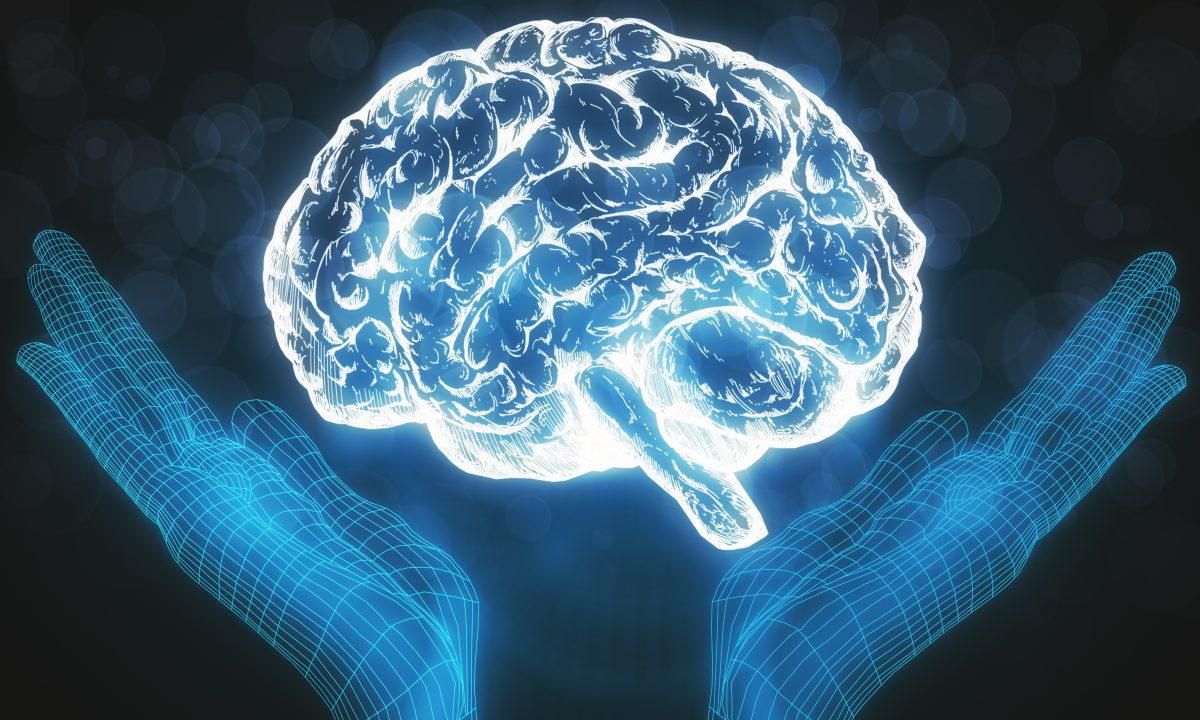77% of Americans struggling with mental health issues according to a new national study

As per the GeneSight Mental Health Monitor, a nationwide survey conducted by Myriad Genetics, Inc, 77% of Americans have reported utilizing at least one addictive behavior and/or an unhealthy coping mechanism to address their mental health challenges. These behaviors include but are not limited to restricted or binge eating, excessive social media use, and extreme gambling.
Furthermore, the survey found that almost all Americans (94%) acknowledge that substance and behavioral addictions are often a way of masking underlying mental health issues. Despite this awareness, many individuals still admit to using these behaviors, considering them to be addictive and unhealthy coping mechanisms.
“Mental health and addiction often go hand-in-hand,” said Morgan Freas, PharmD, a senior medical science liaison with Myriad Genetics. “Yet the stigma associated with admitting mental health challenges is often greater than escaping into substance or behavioral abuse.”
According to the survey, individuals who have been diagnosed with depression and/or anxiety perceive drinking alcohol alone as an unhealthy coping mechanism, addictive behavior, or both (77%). However, despite this awareness, 41% of these respondents admitted to drinking alone as a way to cope. In fact, 25% of this group who heavily drank alone expressed concern that they may have a problem.
“Many of my patients have struggled with depression and/or anxiety but failed to find a treatment that made them feel better. So, they resorted to alcohol, drugs or destructive behaviors to sooth themselves, as these offered short-term relief,” said Dawn Johnson, a psychiatric mental health nurse practitioner at the Indiana Center for Recovery in South Bend2. “However, this behavior resulted in worsening mental health and destruction of their lives. I’ve seen it personally.”
As per the survey, two-thirds of individuals diagnosed with depression and/or anxiety have undergone a trial-and-error process to find effective medication. Almost half of this group (45%) have reported resorting to an unhealthy coping mechanism following a medication failure.
Those diagnosed with depression and/or anxiety have admitted to using the following coping mechanisms:
- Sleeping too much or too little – 70%
- Withdrawing from social activities – 64%
- Binge watching TV or movies – 49%
- Skipping work/school/household responsibilities – 48%
Dawn Johnson, who has treated patients who have tried multiple medications unsuccessfully, incorporates the GeneSight test into her practice as a means of gathering information about the patient before initiating a new medication regimen. The GeneSight test analyzes how a patient's genes might affect their response to commonly prescribed medications for treating depression, anxiety, ADHD, and other mental health conditions.
Johnson stated that the GeneSight test has been beneficial in her practice as it enables patients to see that many of the medications that did not work for them had significant or moderate gene-drug interactions, indicating that they may not have metabolized them correctly, resulting in no symptom relief or severe side effects. The GeneSight report provides reassurance to patients that their treatment plan is tailored to their genetic profile rather than based on trial and error.
The survey revealed that 58% of individuals diagnosed with depression and/or anxiety who received addiction-related diagnoses reported that mental health treatment was effective in addressing their addiction concerns.
The GeneSight Mental Health Monitor is a tool that monitors rates of depression and anxiety, as well as the underlying factors contributing to mental health issues and their effects on individuals' lives. When comparing the survey results from spring 2023 to those of the previous year, there is a significant increase in the number of Americans experiencing symptoms of depression and anxiety.
The top factors negatively impacting mental health in the past year, among those dissatisfied with their mental health, include (respondents selected top 3 in the 2023 survey):
- Cost of living – 42%
- Relationships with a family member or friend – 36%
- Ability to financially support my family – 29%
- Body image – 25%
- Death of a close friend/family member – 20%
- Workplace performance/satisfaction – 16%
- What others think of me – 16%
- Dependence on alcohol or drugs – 13%
- Spread of COVID or another public health concern – 11%
- A medical diagnosis for myself or a loved one – 11%
People who reported in the 2023 survey they are dissatisfied with their mental health also indicated the negative impact that has on important aspects of their lives.
Thanks for visiting Our Secret House. Create your free account by signing up or log in to continue reading.





